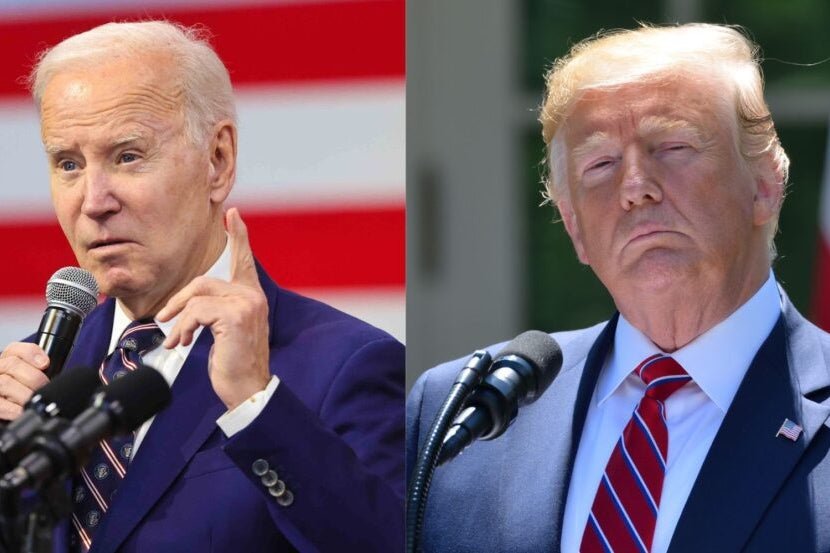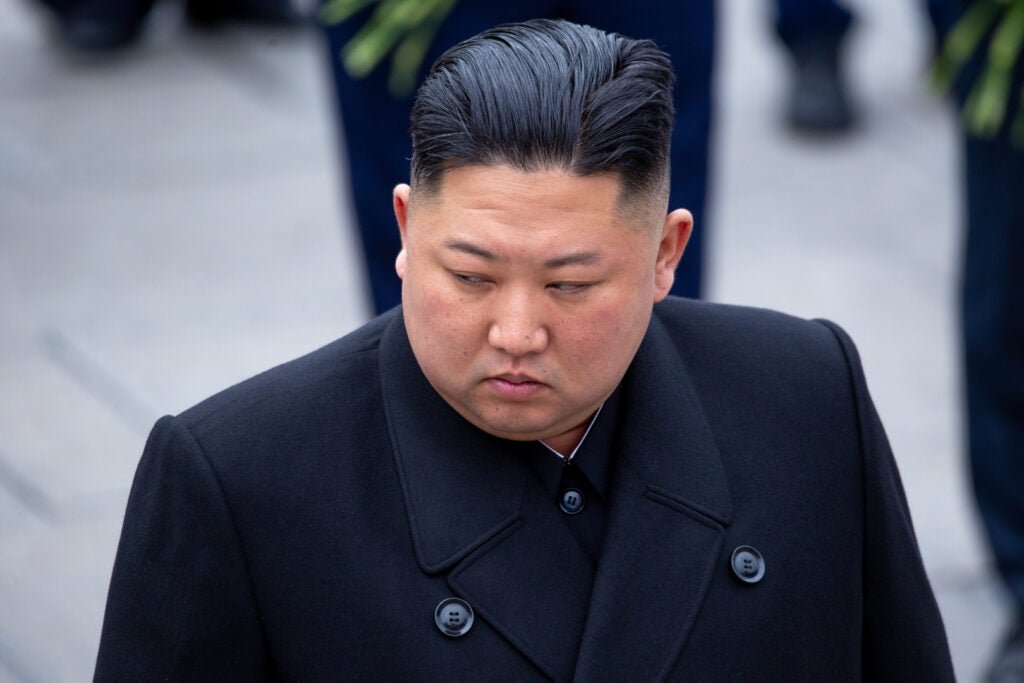In a recent poll conducted by Quinnipiac University, voters in the key battleground state of Michigan have shown a preference for former President Donald Trump over current President Joe Biden. The poll, which surveyed 1,487 self-identified registered voters from March 8 to March 12, revealed that Trump garnered 41% support, while Biden trailed behind with 36% support.
Interestingly, independent candidate John F. Kennedy Jr. received 10% of the voters’ support, while other independent candidates like Cornel West and Jill Stein received 3% and 4% of the votes, respectively. Four percent of voters remained undecided, and 1% refused to answer the survey question.
Among independent voters, Trump seemed to be the favored choice, with 47% supporting him compared to only 29% supporting Biden and 16% supporting Kennedy. In a hypothetical two-way matchup between Biden and Trump, the former president led by a modest three percentage points, with 48% support compared to 45% for the incumbent.
Quinnipiac University Polling Analyst Tim Malloy commented on the results, noting that both Biden and Trump are preparing for a combative rematch as the 2024 presidential election approaches. Despite the close race between the two candidates, seven out of 10 voters expressed confidence that votes in Michigan would be counted accurately.
When asked about pressing election issues, voters cited preserving democracy as a top concern, with 22% mentioning it as a key factor in their decision-making process. Other significant issues included the economy and immigration, with 21% of respondents mentioning each.
The poll also highlighted a discrepancy between voter perception of the national economy and their personal financial situation. While 65% of Michigan voters viewed the economy as shaky, nearly the same number reported that their finances were doing just fine.
As the 2024 presidential election draws near, the results of this poll provide valuable insights into the preferences and concerns of voters in Michigan. It remains to be seen how these sentiments will shape the outcome of the election and influence the candidates’ strategies moving forward.





